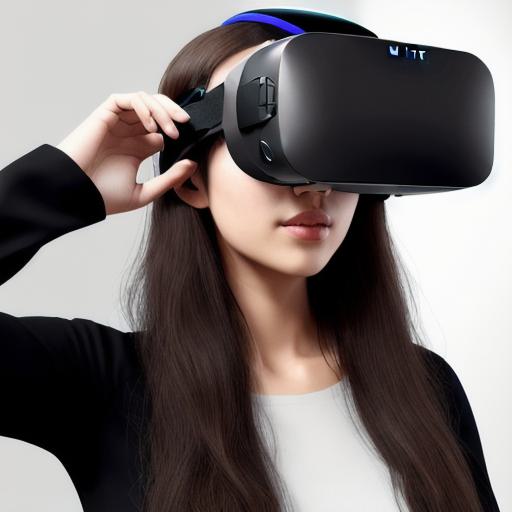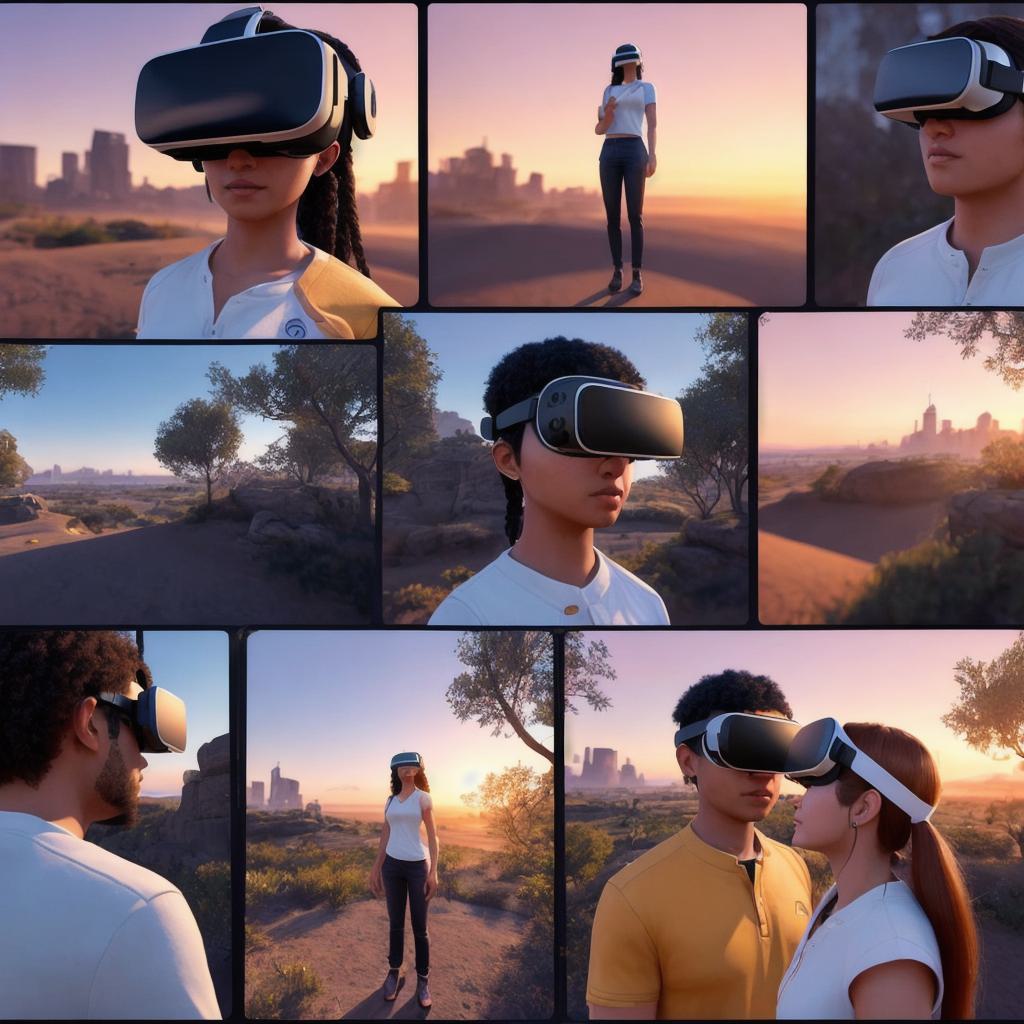Exploring the Intersection of Metaverse, Virtual Reality (VR), and Artificial Intelligence (AI)
The metaverse, a collective virtual shared space, has been a buzzword in recent tech conversations. With its potential to blur the lines between physical and digital realities, it’s natural to wonder: is the metaverse based on virtual reality or artificial intelligence? Let’s delve into this intriguing topic.
Understanding the Metaverse
First, let’s clarify what we mean by the metaverse. The term was coined by science fiction author Neal Stephenson in his 1992 novel, "Snow Crash." In essence, the metaverse is a collective virtual shared space where users can interact with each other and with computer-generated content in a seemingly real or physically persistent environment.
Virtual Reality (VR) in the Metaverse
Virtual reality plays a significant role in the metaverse. VR technology allows users to immerse themselves in a simulated 3D environment, providing a more engaging and interactive experience. In the context of the metaverse, VR is used to create lifelike avatars and environments that users can explore, interact with, and even manipulate.
Artificial Intelligence (AI) in the Metaverse
Now, let’s discuss AI in the metaverse. AI refers to machines or software that mimic human intelligence. In the metaverse, AI is used to create advanced non-player characters (NPCs), simulate realistic physics and weather patterns, and even generate unique content based on user interactions.


The Symbiotic Relationship of VR and AI in the Metaverse
It’s important to note that neither VR nor AI is a replacement for the other in the metaverse. Instead, they work together to create a more immersive and interactive experience. For example, imagine an AI-powered NPC character in a VR environment. The character would have lifelike movements and speech, making interactions with it more engaging and believable.
Examples of Metaverses Leveraging VR and AI
Several existing metaverses, such as Facebook’s Horizon and Microsoft’s AltspaceVR, demonstrate the power of this symbiotic relationship. These platforms offer VR experiences with advanced AI capabilities, allowing users to engage in more realistic interactions with virtual environments and characters.
Summary: The Metaverse is a fusion of Virtual Reality and Artificial Intelligence
In conclusion, the metaverse is not based solely on virtual reality or artificial intelligence but rather a unique fusion of both technologies. VR provides the immersive and interactive environment, while AI brings the characters and content to life, making our virtual experiences more engaging and believable. As technology continues to advance, we can expect the metaverse to become an even more captivating and interactive digital frontier.
